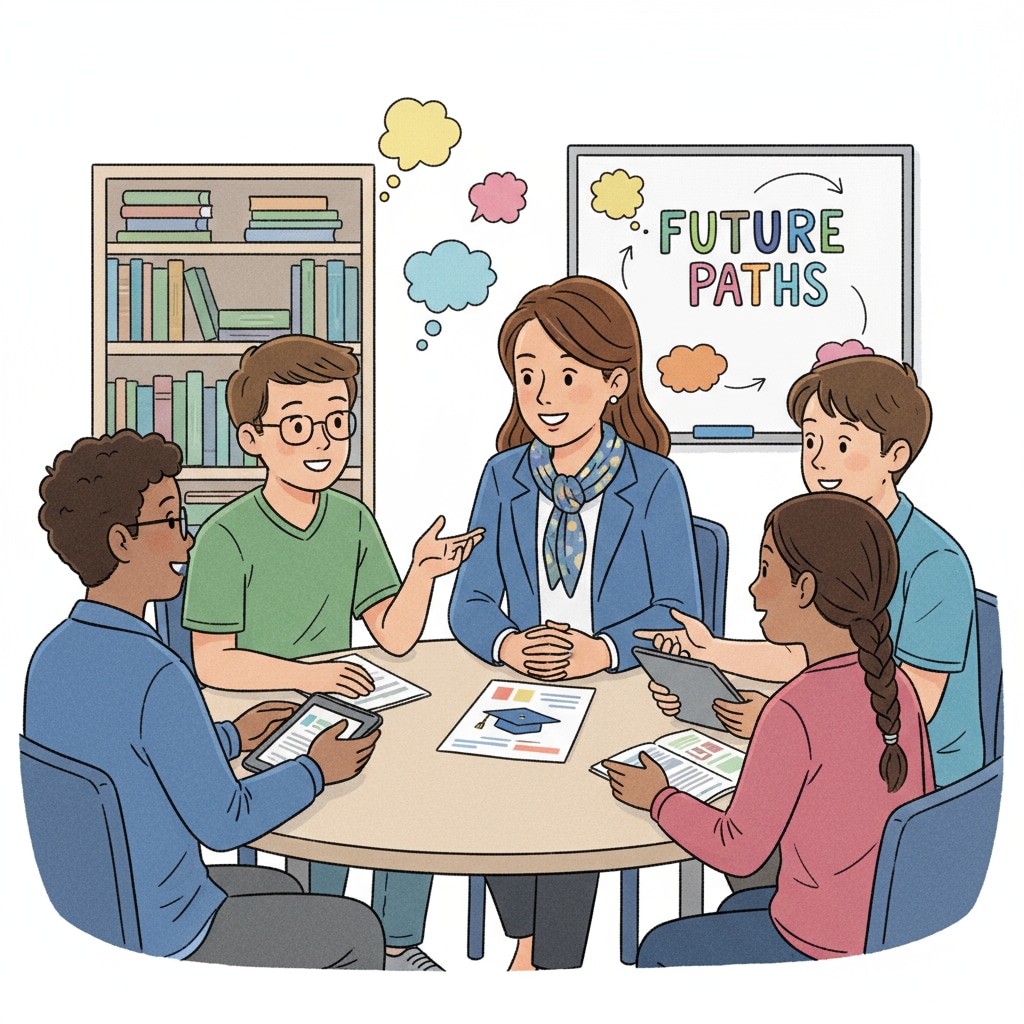In the realm of the education system, school counselors play a pivotal role. Their duties are expected to be multi-faceted, encompassing academic guidance, emotional support, and career counseling for students. However, there exists a significant gap between what is expected of them and what they can actually achieve. This article aims to explore this discrepancy and shed light on the true value of school counselors in the K12 education system.

The Expected Duties of School Counselors
School counselors are often envisioned as the linchpin of student well-being. Their expected duties include helping students navigate academic challenges, such as choosing the right courses and setting educational goals. For example, they should be able to analyze a student’s academic performance and suggest appropriate strategies for improvement. In addition, they are tasked with providing emotional support, listening to students’ concerns about friendships, family issues, or self-esteem. According to the American Psychological Association, school counselors should create a safe and supportive environment where students feel comfortable sharing their feelings.

The Reality of School Counselors’ Roles
However, the reality paints a different picture. School counselors are often burdened with administrative tasks that take up a significant portion of their time. This leaves them with limited availability to fulfill their core duties. For instance, they may be required to manage schedules, handle paperwork related to student transfers, or organize testing sessions. As a result, they struggle to provide the in-depth counseling and support that students need. A study by the National Center for Education Statistics reveals that the counselor-to-student ratio in many schools is far from ideal, further exacerbating this problem.
Another challenge is the lack of specialized training in some areas. While they are expected to offer career counseling, some counselors may not have the up-to-date knowledge of emerging job markets and career trends. This can limit their ability to provide accurate and relevant advice to students.
Readability guidance: As we can see, the current situation of school counselors shows a clear contrast between expectations and reality. We need to take steps to bridge this gap and enhance the effectiveness of school counselors in the education system.


